Do not carry luggage if you do not know clearly
The Ministry of Public Security has just answered people's questions about many cases of people asking to carry or look after luggage at train stations, bus stations, airports... but when the authorities checked, they discovered that the luggage contained prohibited goods such as drugs, antiques, wild animals...
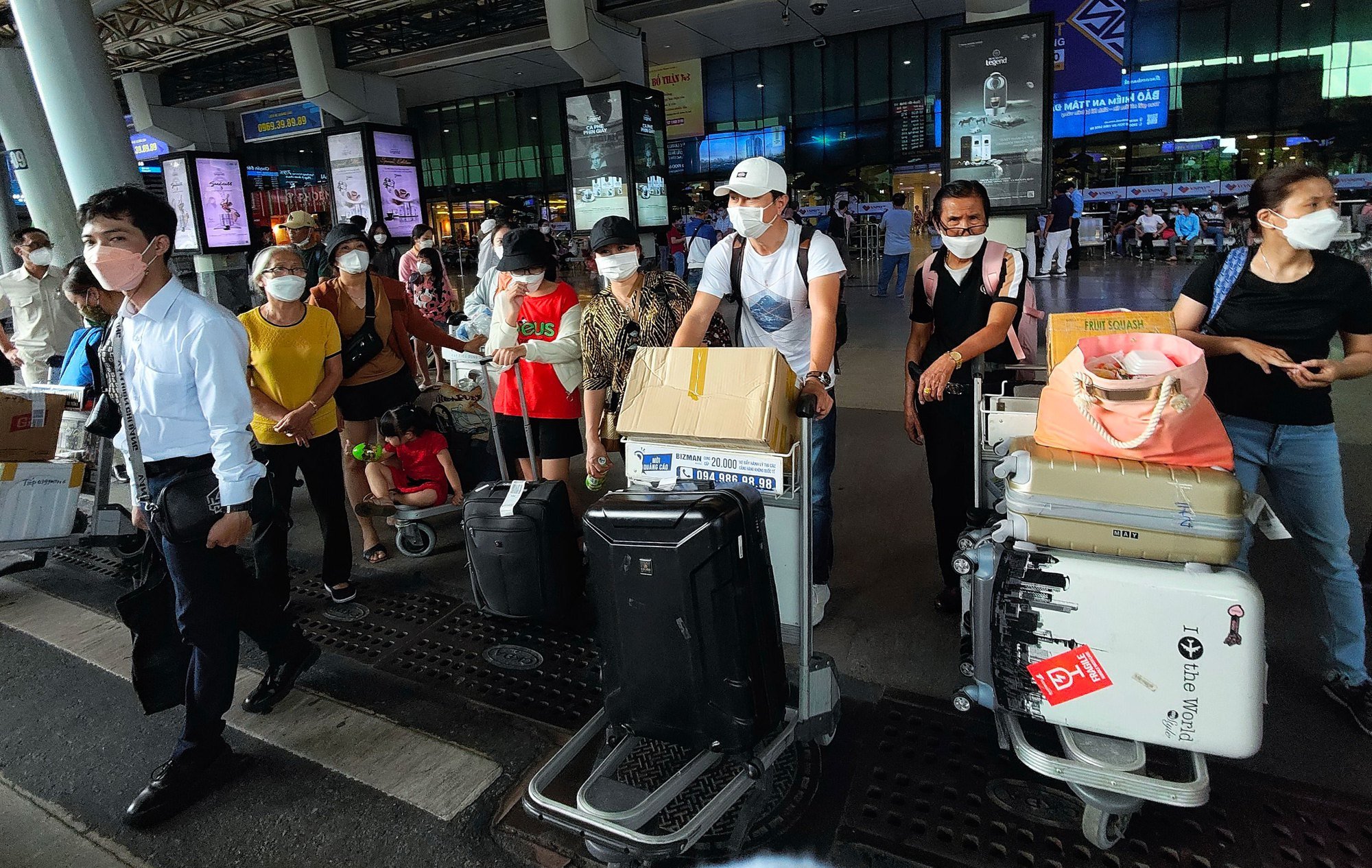
The airport is an extremely sensitive traffic hub, passengers should absolutely not hold things for strangers.
According to the Ministry of Public Security, many people think that having someone hold goods for them across the border or at airports, train stations, or bus stations is a very normal thing to do. However, in many cases, helping others hold/transport goods may result in very heavy legal liability when those goods are on the list of prohibited goods according to the law. Therefore, the Ministry of Public Security recommends that when people are asked to hold goods for them, especially across the border, they need to check and clearly determine whether that behavior is against the law. When traveling at airports, train stations, bus stations, or public places, be vigilant against strange and unusual behaviors, and do not carry luggage for strangers when you do not know clearly about the luggage.
Carrying luggage for someone: The fine line between kindness and danger
In fact, the recommendations of the Ministry of Public Security are also recommendations that have been propagated by the customs and aviation sectors to the people for many years. However, there have been many cases where passengers, especially those traveling abroad, have agreed to help transfer or hold items through customs or simply carry luggage without realizing that they are assisting criminals in transporting prohibited goods. In particular, some have received the death penalty.
A typical case occurred in April 2017, when the High People's Court in Ho Chi Minh City opened an appeal hearing to uphold the death sentence for defendant Pham Trung Dung (40 years old, Vietnamese Australian) for "illegally transporting drugs". According to the first instance verdict, on April 17, 2013, Dung and his wife and children returned to Vietnam from Australia to visit family in Binh Thanh District (Ho Chi Minh City). During their stay in Vietnam, a man named Kien (unknown background) asked Dung to bring 2 suitcases to Australia for a fee of 40,000 AUD and Dung accepted. More than 1 month later, when Dung completed exit procedures to Australia, Tan Son Nhat airport customs officers inspected and discovered 2 plastic bags containing nearly 3.5 kg of drugs wrapped in silver foil and pressed thinly around the walls of the 2 suitcases. During the investigation and at the trial, Dung claimed that he did not know that it was drugs and only helped carry and transport them. However, Dung was unable to prove his innocence.
Previously, the Ho Chi Minh City People's Court sentenced defendant Pimtanatanasuk Kettawan (Thai nationality) to life in prison for "illegally transporting drugs". According to the indictment, on the afternoon of April 20, 2016, Kettawan entered Vietnam and was discovered by customs officers at Tan Son Nhat airport in his luggage containing suspected drugs hidden in the sole of a pair of shoes in a suitcase. Customs officers coordinated with the police to clarify that the amount of drugs in the sole of the shoe weighed 2.4 kg.
During the investigation, Kettawan confessed that he worked as a driver and often went to casinos in Cambodia, so he met an African man named John. John then hired Kettawan to transport goods from South Africa to Thailand. In mid-April 2016, John gave Kettawan 500 USD and flew to South Africa. There, a group of people gave Kettawan a pair of shoes and a briefcase and asked him to take them back to Thailand with the itinerary South Africa - Qatar - Vietnam - Thailand.
When Kettawan was in transit in Vietnam, he was discovered by the authorities. Although Kettawan claimed that he did not know that the drugs were in his shoes and bag, Kettawan could not prove that the man hired him to carry the goods, so the defendant was responsible for the amount of drugs. Kettawan had to pay the price with a life sentence.
Ho Chi Minh City Police Explain the Release of 4 Vietnam Airlines Flight Attendants
The fine line between kindness and danger
"I know that you are not allowed to carry other people's things at the airport, but there are cases where it is very difficult to refuse. The other day, I flew from Ho Chi Minh City to Hanoi . At Tan Son Nhat airport, I saw a woman holding a small child in one hand and hanging two plastic bags of belongings in the other hand, with a medium-sized suitcase underneath. Struggling to get up the escalator to the security control area upstairs, she asked some people to carry the two bags in her hand and introduced herself as taking her child to Hai Phong to see her father, so there was no one to go with her. After 1-2 people shook their heads and refused, I felt sorry for her but I felt sorry for her so I went to help push the suitcase up the escalator to within her reach, instead of holding the two bags. Thinking back now, I feel guilty. If I hadn't thought carefully at that time and held the bag that contained prohibited goods, it would have been a favor that was met with resentment. I don't know whether I should help people on the street or not," said Hai Anh. (living in District 3, Ho Chi Minh City) shared.
Hai Anh's story is also the heart of many people who often travel through airports, bus stations or train stations. There was a heated debate on the famous forum Reddit when a passenger complained that at an airport in the US, he asked a strange woman sitting next to him in the waiting room to look after his luggage while he went to the restroom for a moment, but she shook her head and refused.
Below the post, thousands of comments were left with mixed opinions. Some said the girl was too careful, she just needed to watch the guy's luggage. Most criticized the male passenger for his lack of experience flying by asking a stranger to keep his luggage.
Ministry of Public Security recommends
People traveling at airports, train stations, bus stations, and public places must keep their luggage and personal documents carefully; are responsible for notifying security personnel or the nearest police agency when they discover or are discovered to have their luggage suspected of containing prohibited substances or banned goods; and cooperate to verify and investigate to clarify the intentional or unintentional elements of the act of transporting prohibited goods or banned substances.
Mr. TH, who has more than 20 years of experience working in the aviation industry, supports the girl's refusal. According to Mr. H., there are currently no regulations prohibiting passengers from keeping or carrying other passengers' belongings at the airport. However, this recommendation has almost become an unwritten law. Dangerous criminals often exploit the kindness and desire to help people in need to commit crimes. Pretending to be disabled, taking advantage of the elderly, pregnant women or women with small children who have to carry heavy items, or pretending to carry overweight items in order to seek help from others... are commonly used tricks.
On the other hand, they have the ability to disguise drugs and contraband very cleverly into common items such as buttons, belts or packaged in blister packs like modern medicine... even inside mineral water bottles. Therefore, even if checked beforehand, if not by professionals, it will be very difficult to detect. "The psychology of normal people is to want to help when they see someone in need, sometimes without asking. However, in cases like this, the line from kindness to danger is very thin," said Mr. TH.
According to Mr. H., at some airports such as Japan and Australia, if your acquaintance is an airline employee, a border police officer or a medical check-up worker who comes to pick you up and helps you carry your belongings or pick up your luggage, their work card will be immediately confiscated. Only ground service staff have the right and duty to assist customers in such situations.
Even when picking up luggage from the baggage carousel, if not handled by ground staff, all passengers will be held responsible in case the luggage contains prohibited items. That is also the reason why airlines have regulations that each piece of checked baggage must not exceed 23 kg and each piece of carry-on baggage must not exceed 7 kg. These are carefully calculated numbers, ensuring that most people can handle it themselves.
Have to protect yourself
According to the advice of airlines, in case a stranger asks to hold or carry something, passengers should not help directly but should support them by contacting the staff on duty at the airport, which can be airport security, airline staff or ground service company staff. Normally, airlines and ground service staff arrange personnel in all areas to guide and support passengers when necessary. They are also trained and educated in the profession, so they will know how to best handle situations where bad guys intentionally set traps.
However, speaking to Thanh Nien , a representative of a ground service company serving at three major airports in Vietnam confirmed that in the contract signed with airlines, ground service staff do not have the function or duty to assist customers with carry-on luggage. Even for VIP flights, if passengers need to carry suitcases or bags, the airline will assign tasks to its staff.
"In fact, supporting passengers is something that all airport service staff are willing to do, but there is no regulation requiring them to do this. In fact, airport or airline staff are sometimes the most exploited because they often have priority gates or have many relationships and know each other, so it is easy to handle the goods they are asked to carry. There are cases where relatives and acquaintances ask us to carry their belongings from the south to the north, but if we are careless and considerate, we will fall into the trap right away. Therefore, not only passengers but also ground service company staff like us are strictly instructed not to carry or hold anyone's belongings at the airport. It is best for everyone to be vigilant to protect themselves. At the airport, there are full passenger support services such as wheelchairs for the disabled, luggage carts... if everyone complies with the luggage regulations, it will limit the need to ask for help from everyone," he said.
Quick view 8:00 p.m. March 26: Ms. Han Ni's lawyer status suspended | Smashing ATM to steal money to pay debt
Airport staff know what to do to prove they are just support staff.
It is not possible to require or stipulate in the regulations that ground service staff, airport security, airport staff or airline staff must assist passengers, but this is very normal, very natural. Not only airports but all service-based businesses must proactively assist passengers. For example, when you go to a restaurant, you may not be able to ask a stranger to carry heavy items, but the restaurant staff will definitely have to proactively help you carry your items. The same is true at the airport, at each stage, each area will have its own unit to guide and assist passengers, from check-in to security procedures, screening, going through the departure gate or boarding the bus, boarding the plane, etc. On the other hand, not all but important locations at the airport have a camera system. The staff working at the airport will know what to do to prove that they are only assistants, not the owners of the luggage carrying prohibited substances.
Representative of Tan Son Nhat International Airport
The transporter who did not know there were drugs will not be prosecuted for criminal liability.
"Illegal transportation of drugs" is the act of illegally transferring drugs from one place to another in any form without the purpose of buying, storing or illegally producing other drugs. A person who keeps or illegally transports drugs for another person, if he or she knows the purpose of illegally buying and selling drugs of that person, will be prosecuted for criminal liability for illegal drug trafficking as an accomplice. The basic understanding is: the drug transporter intentionally, clearly knows that the "package" is drugs, clearly knows that it is not allowed to be transported but still transports, then this crime is constituted. If the transporter has evidence that he or she did not know that there were drugs inside, he or she will not be prosecuted for criminal liability for this crime.
Lawyer Nguyen Van Duong, Director of Duong Gia Law Firm
Source link






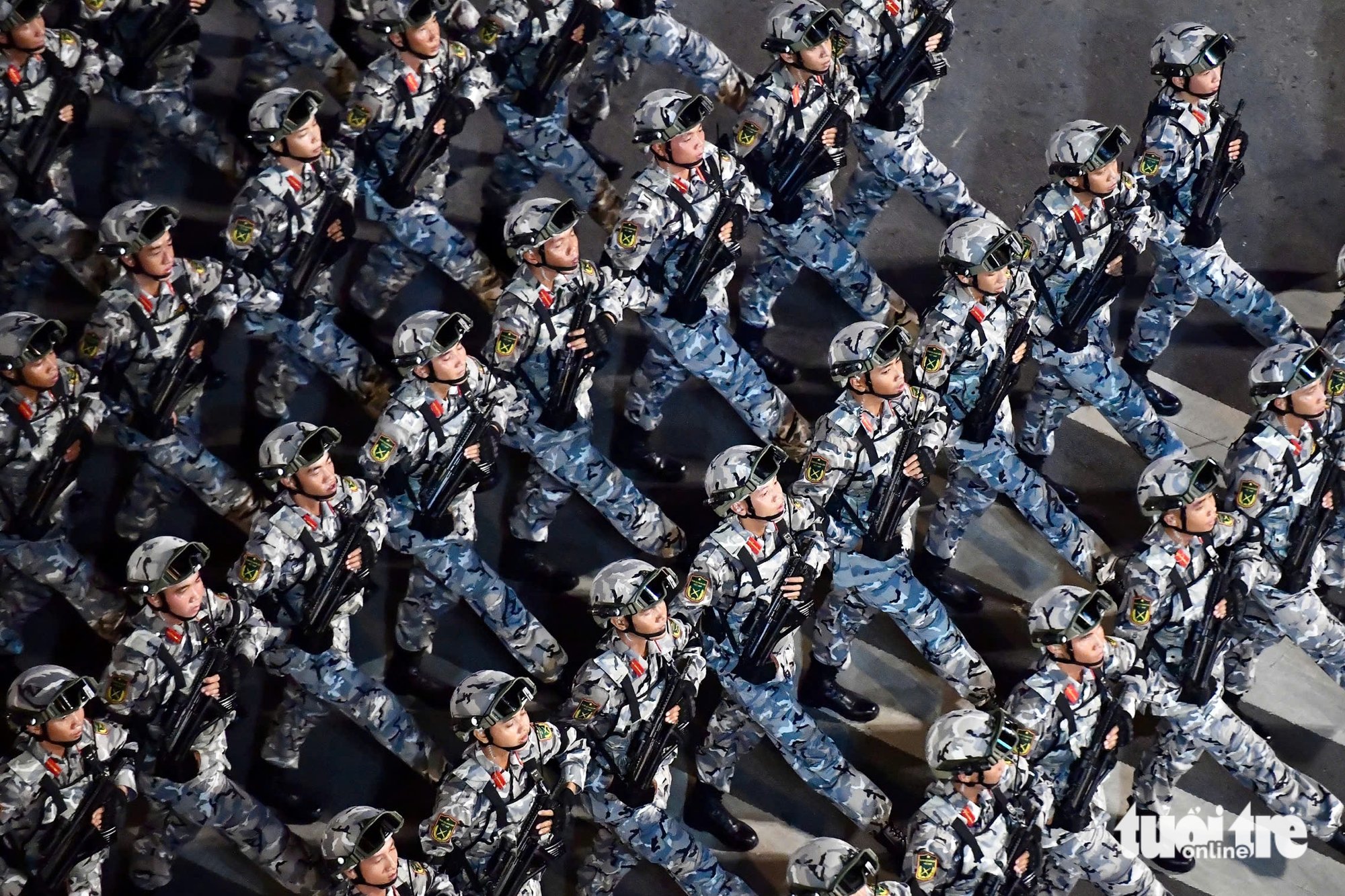
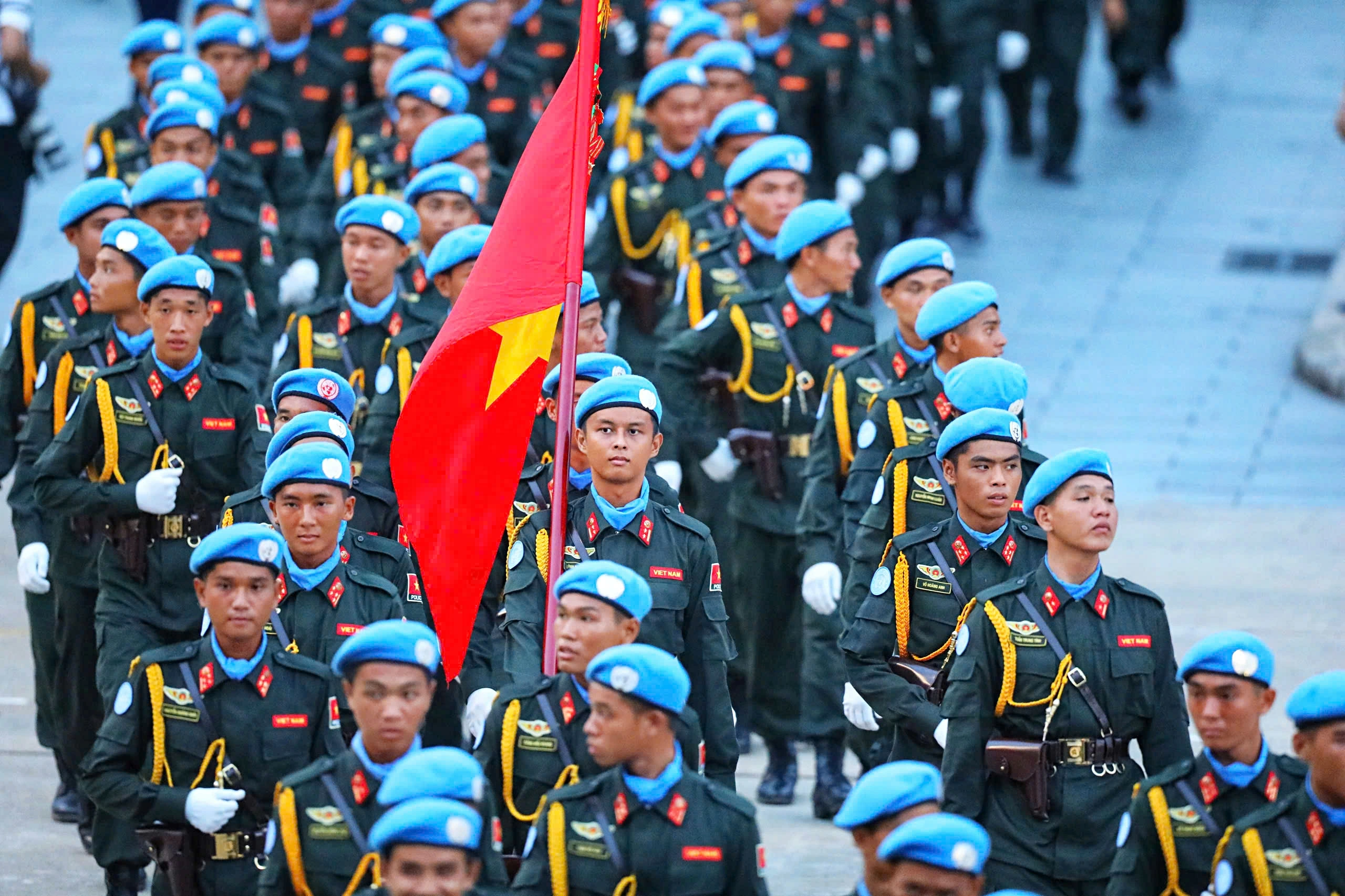

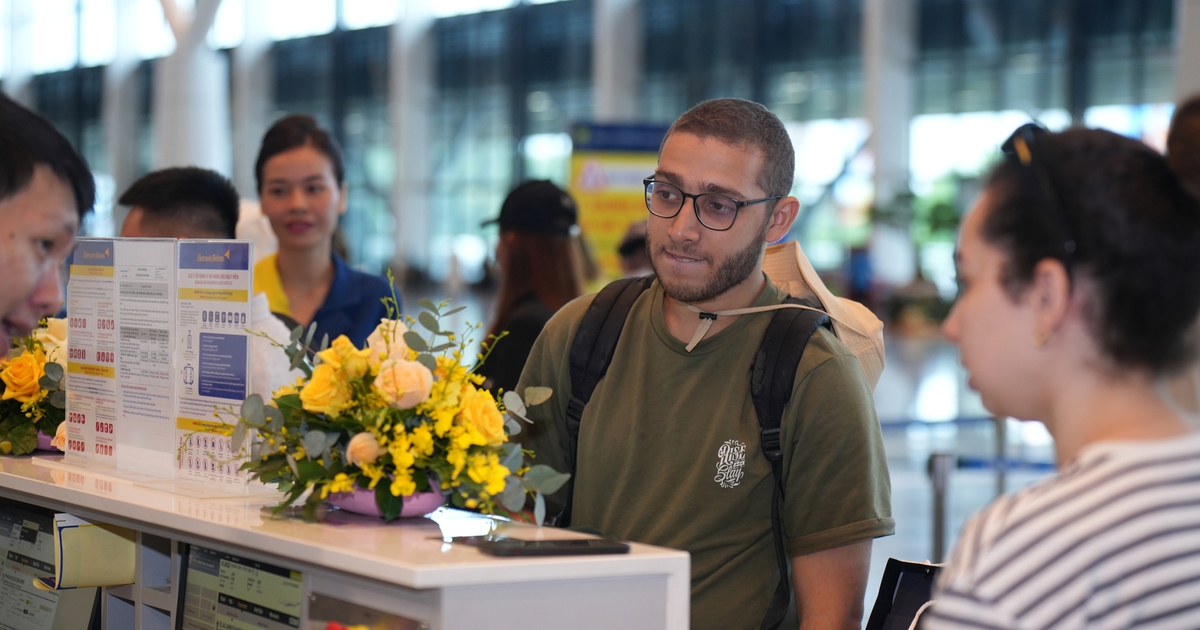
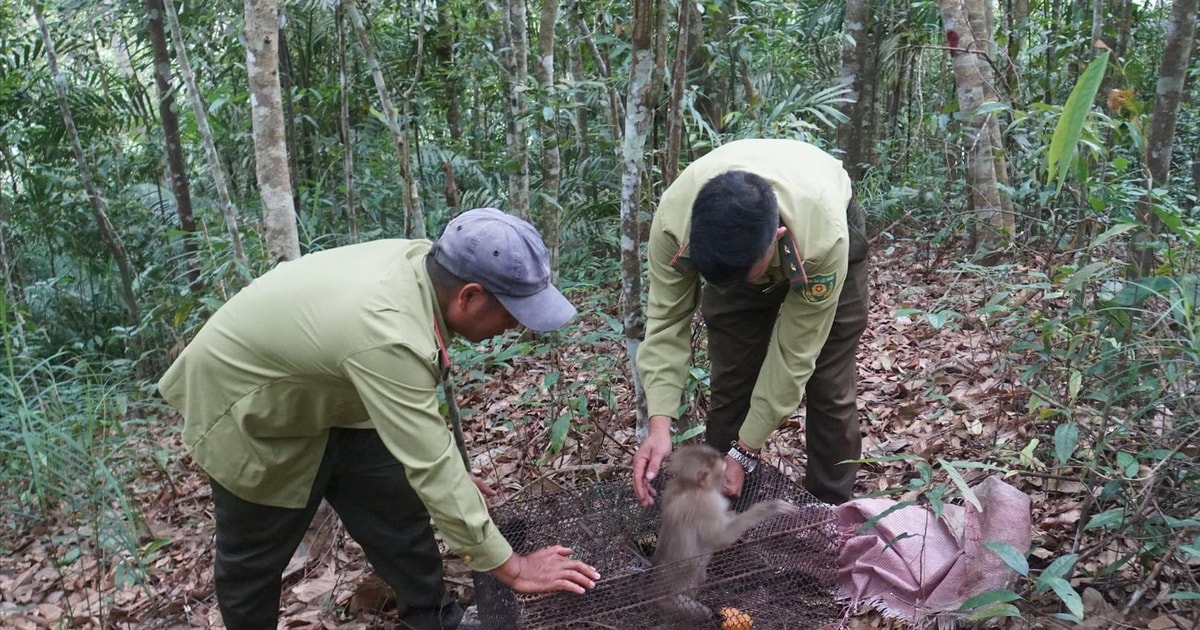



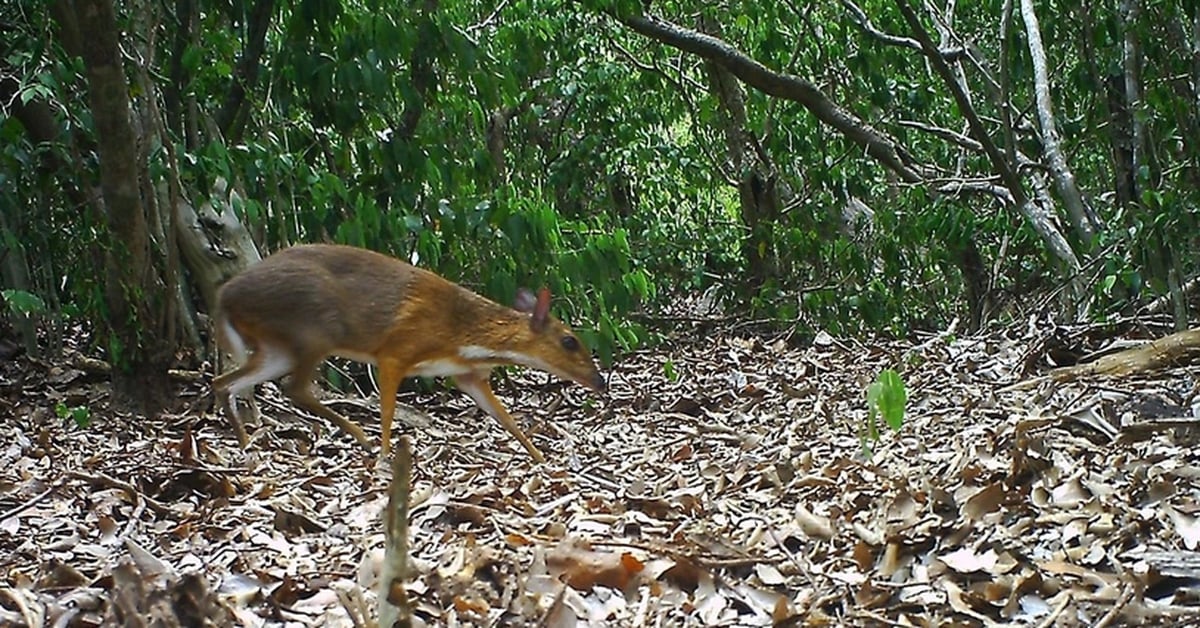

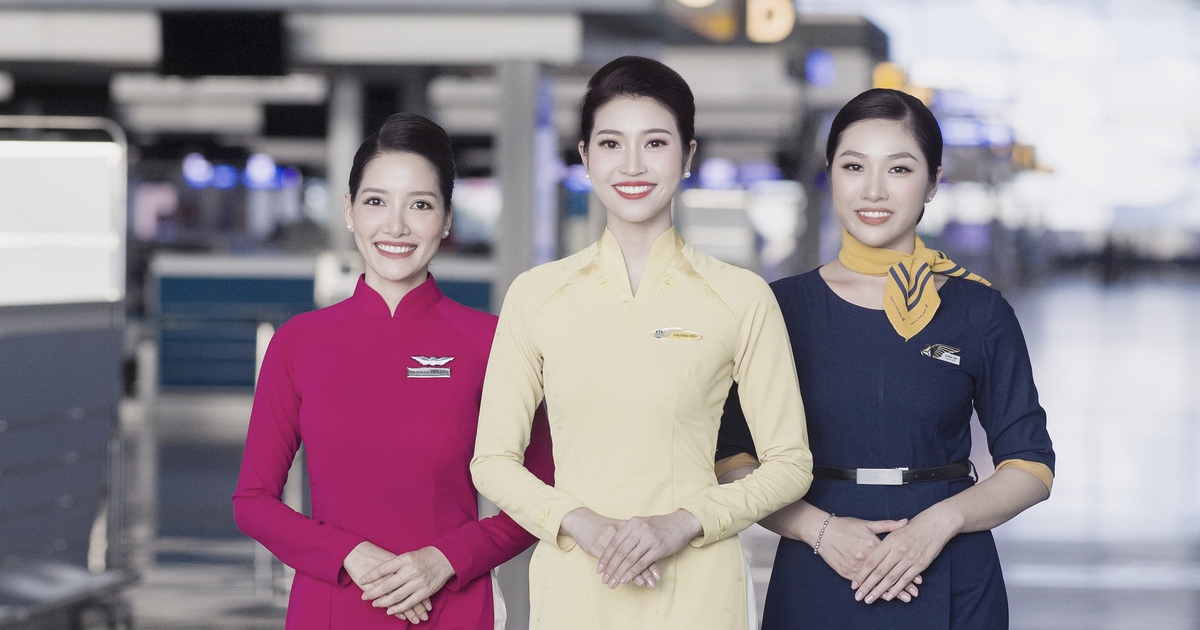
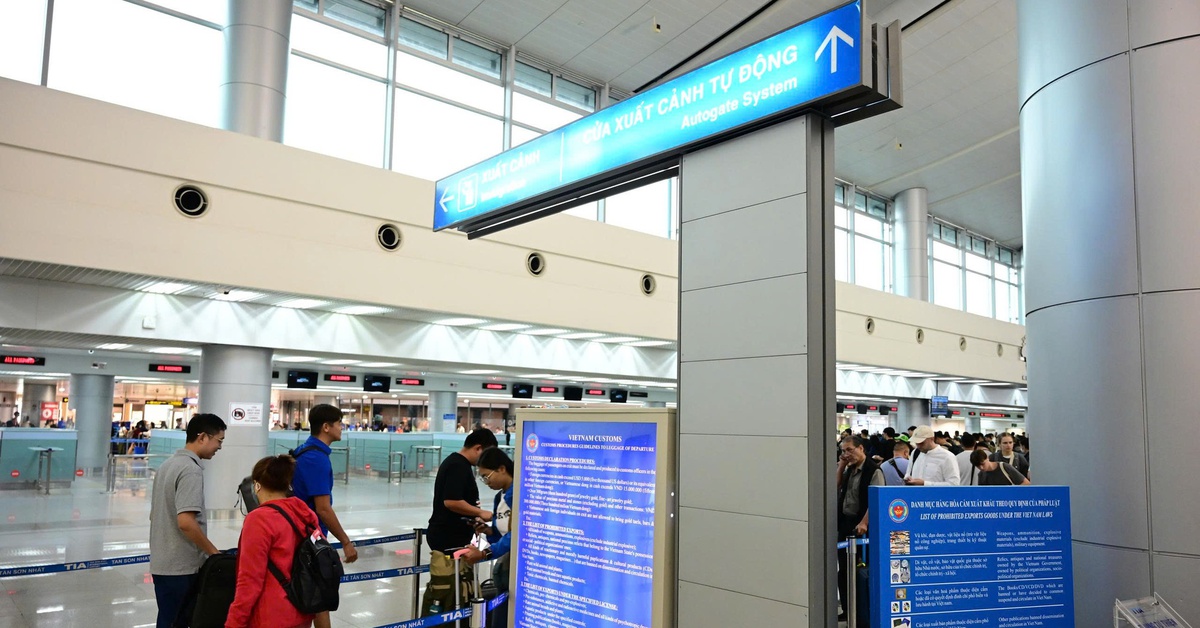



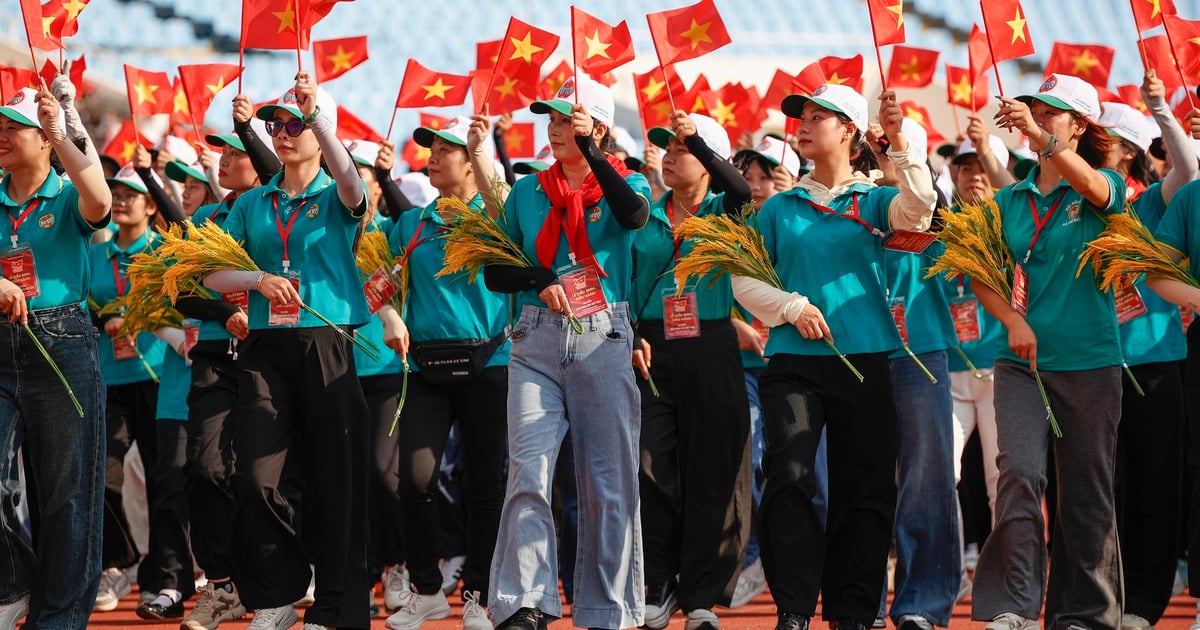

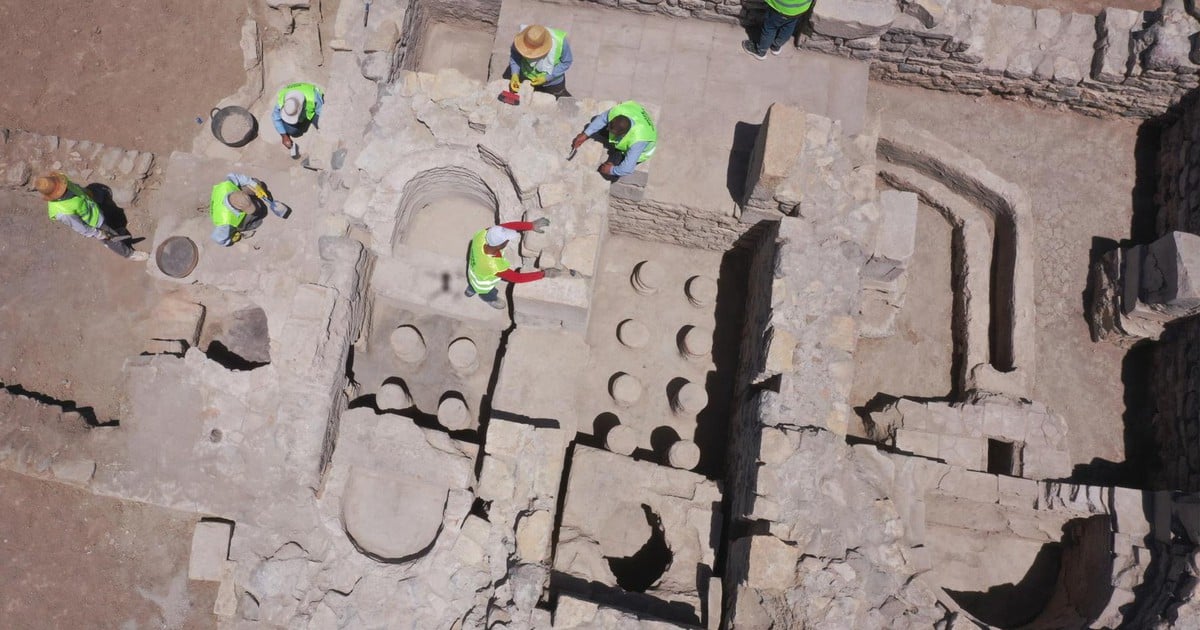






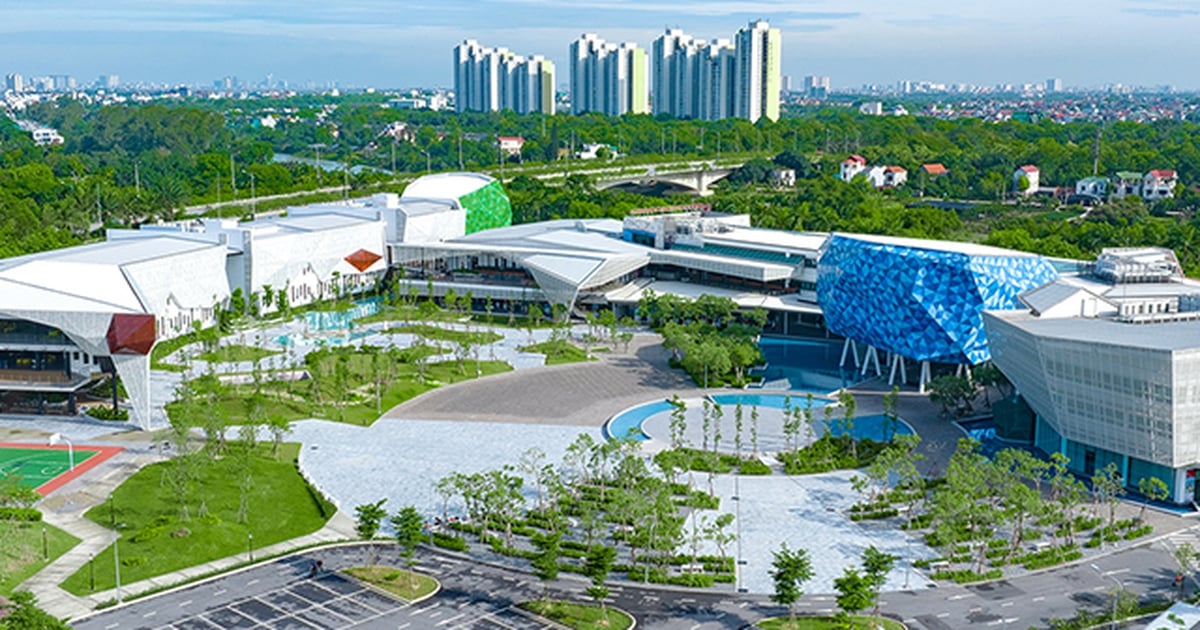
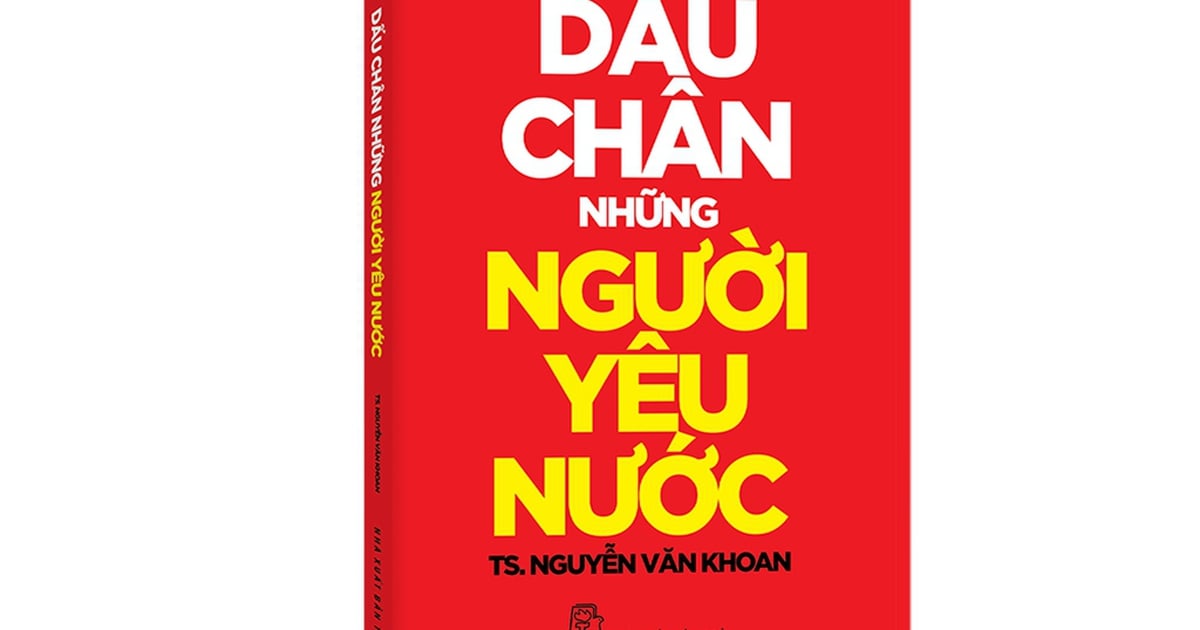

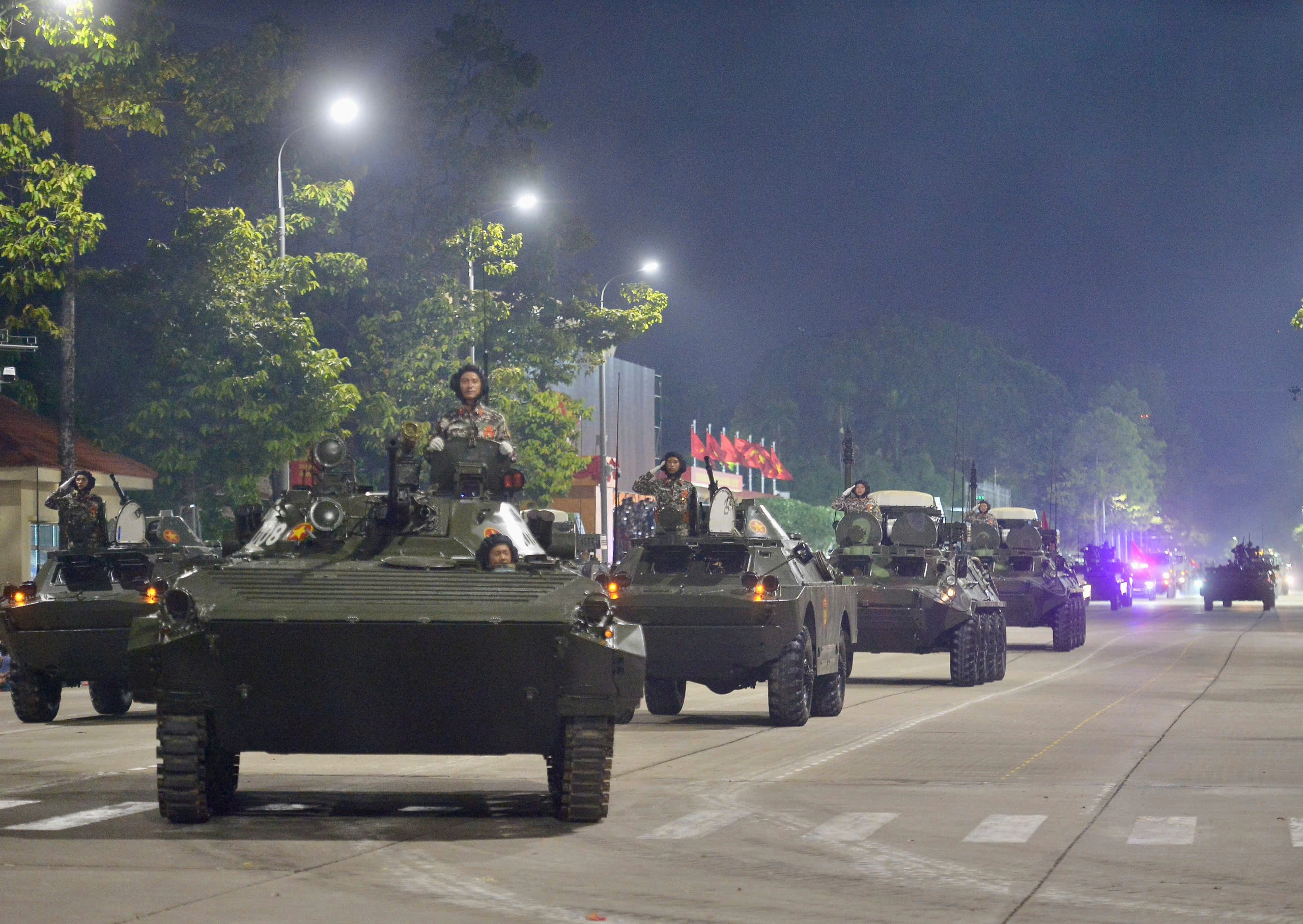























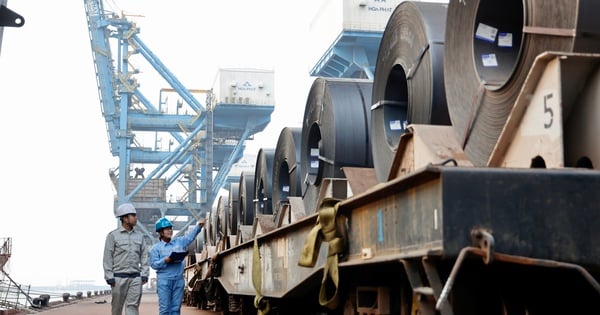









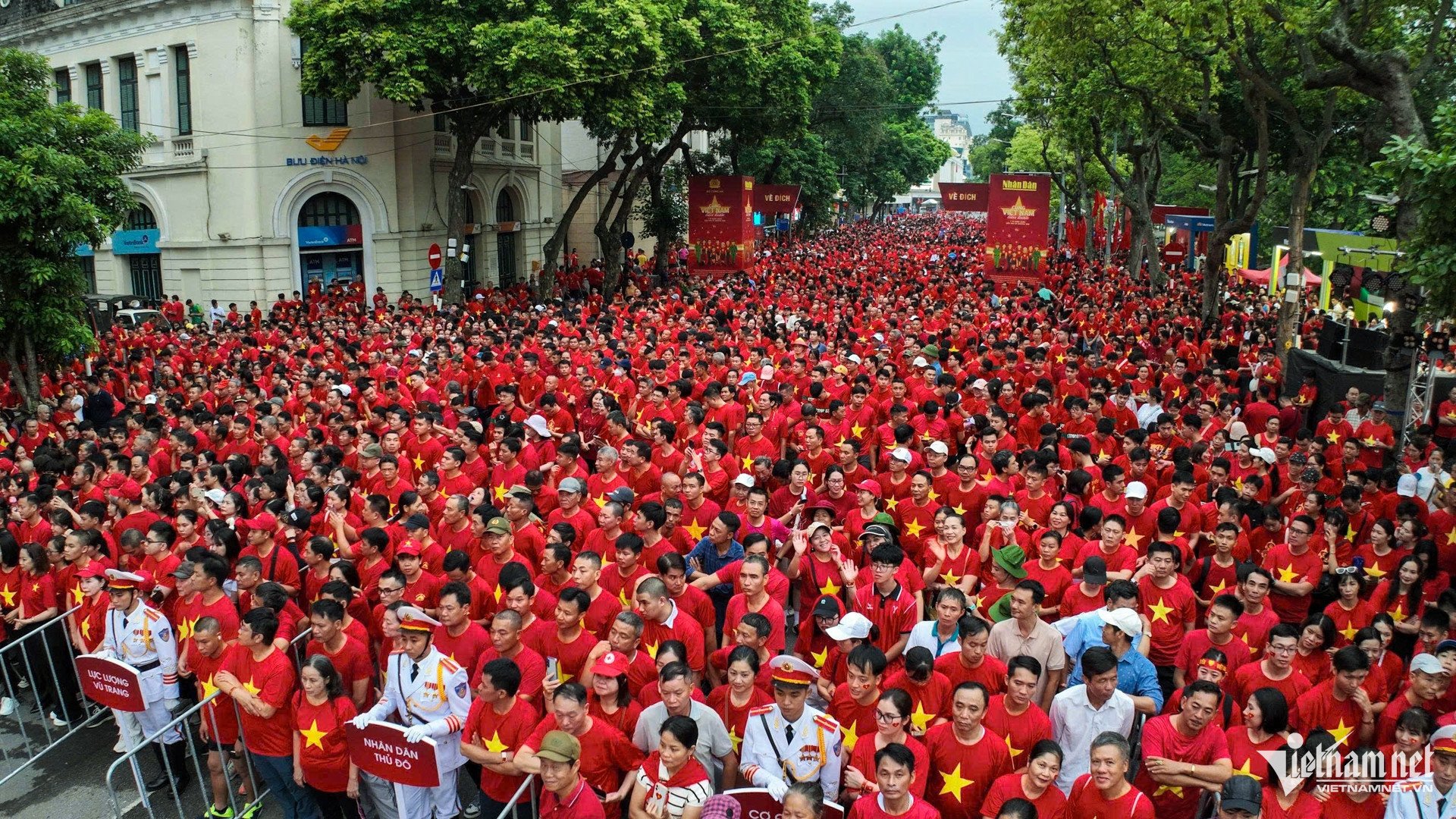

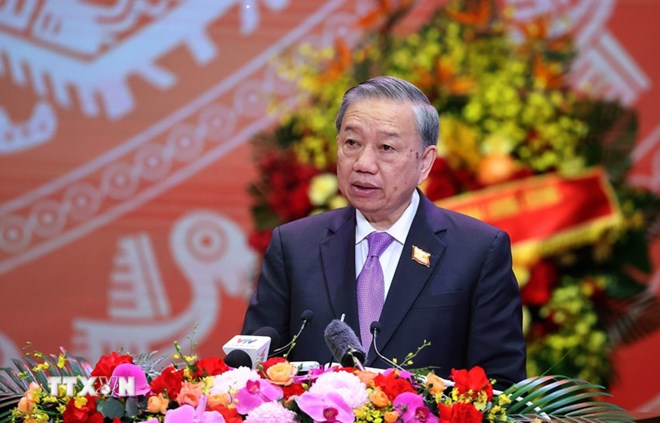



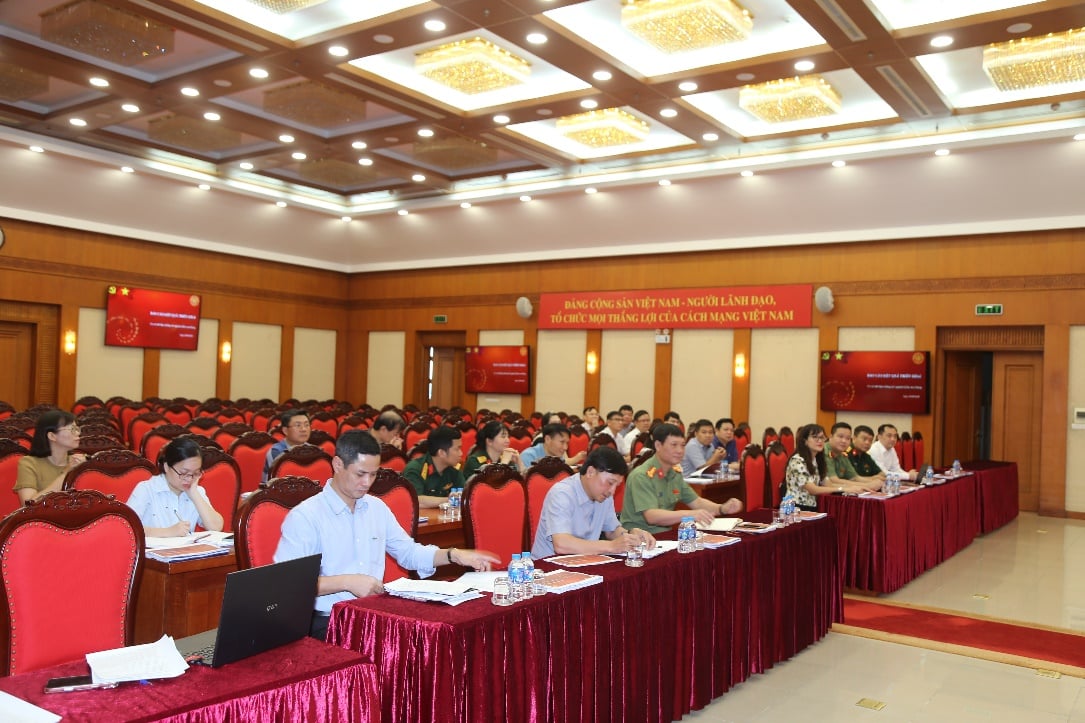







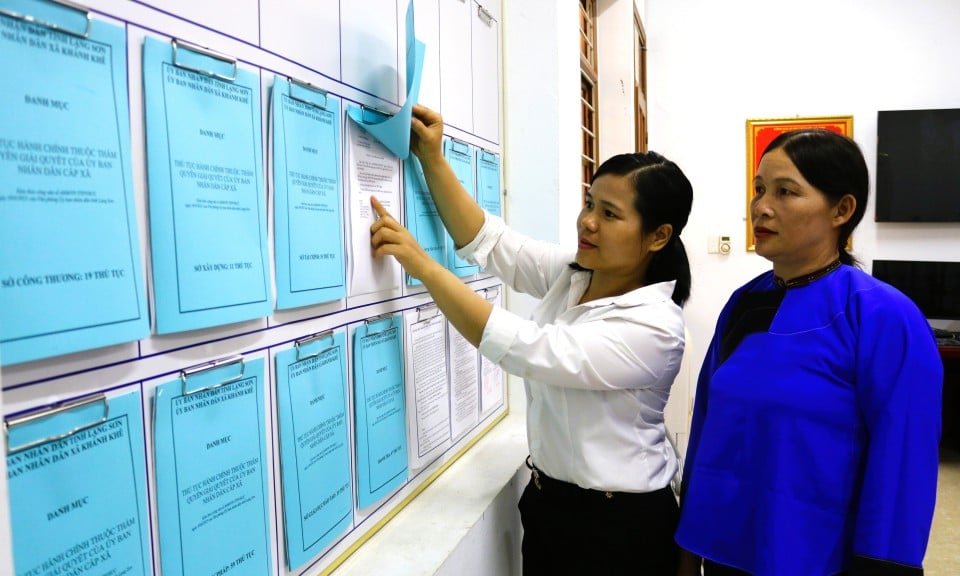

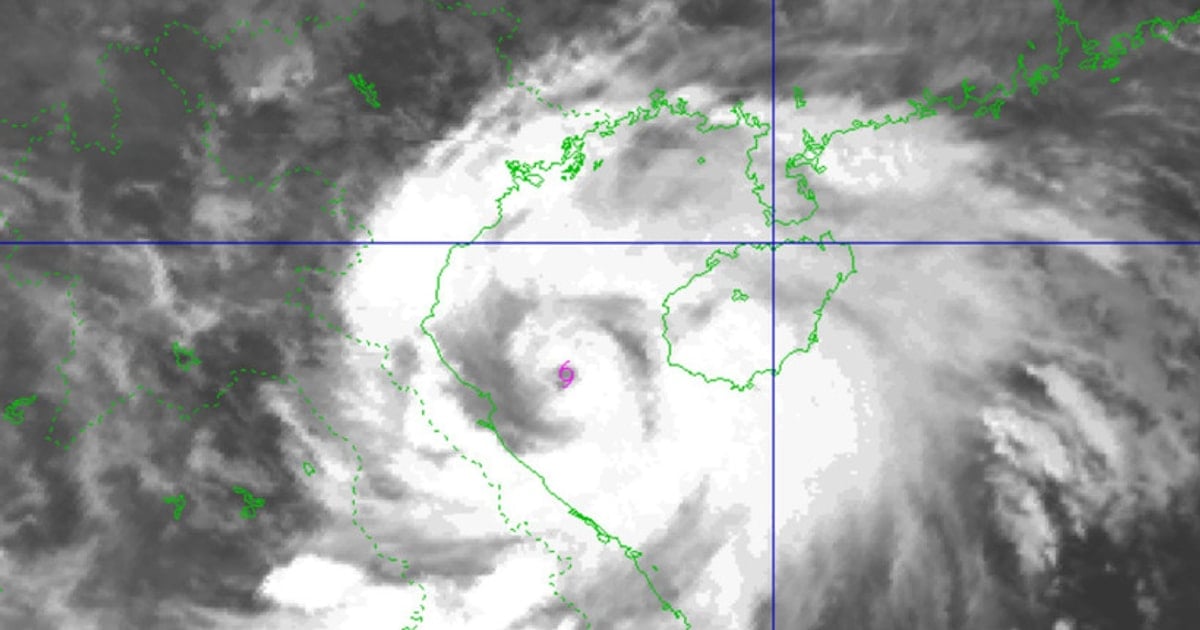


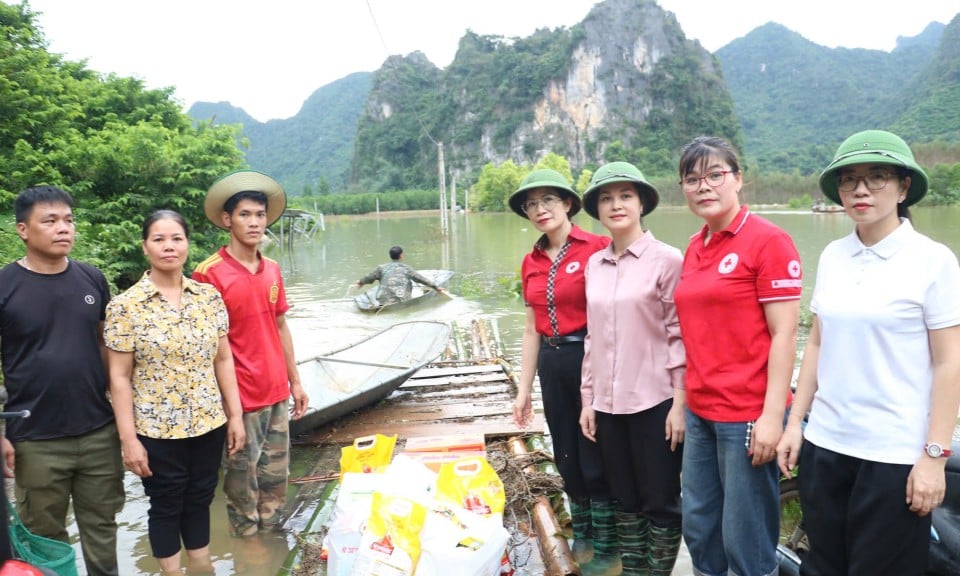
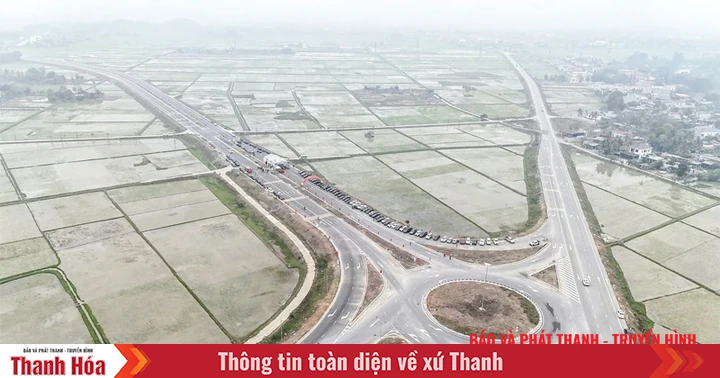

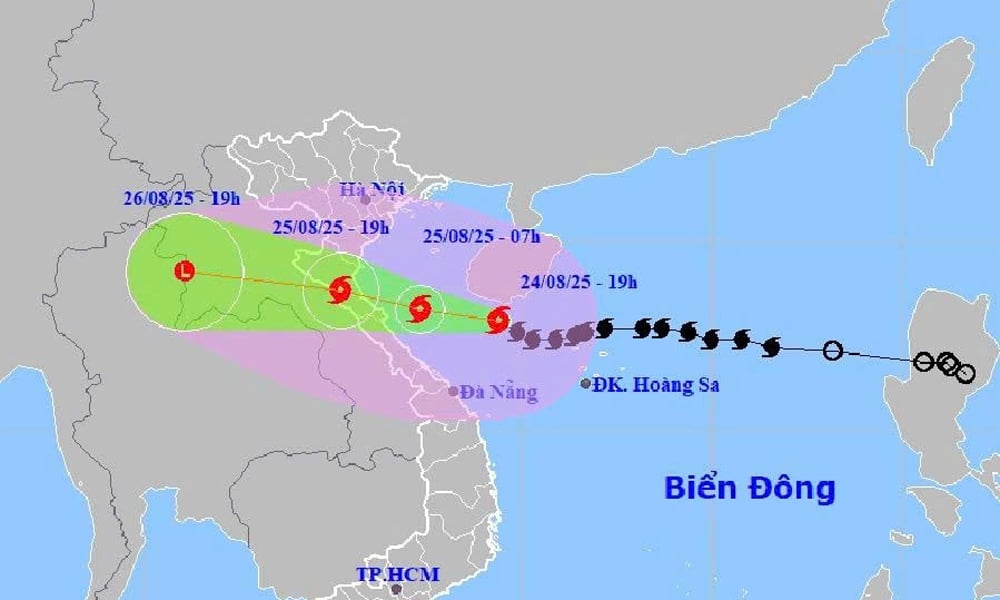













Comment (0)